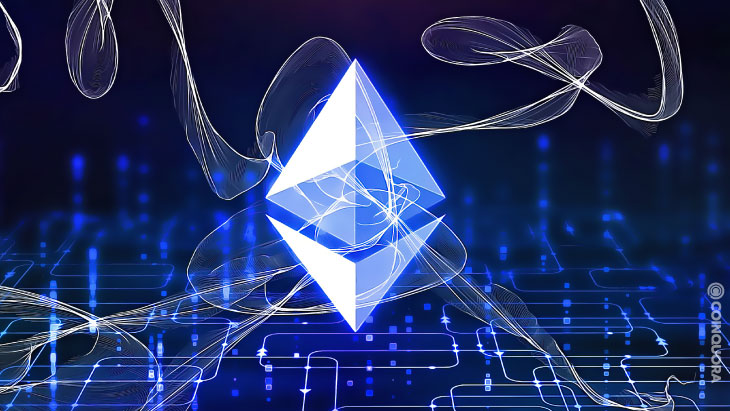- The Ethereum network will undergo a scheduled upgrade at block 15,050,000.
- The upgrade will prolong the Difficulty Bomb by 100 days.
- The 7th mainnet shadow fork went poorly, where 20% of nodes dropped off at merge activation.
Next Wednesday, June 29, the Ethereum network will undergo a scheduled upgrade called “Gray Glacier” at block 15,050,000. The Gray Glacier upgrade will prolong the Difficulty Bomb by 700,000 blocks, equivalent to 100 days, starting Wednesday.
The Difficulty Bomb is to disincentivize miners to stop mining on the current network, Ethereum 1.0, after a successful transition to Ethereum 2.0.
Tim Beiko, a core developer at Ethereum, said this would be the last prolongment to the Difficulty Bomb, implying Ethereum 2.0 is a few months away from launch. He added that the Bomb would keep scammers off the network because it would require decent technical knowledge.
No action is needed from an Ethereum user or holder unless stated to by their respective exchange or wallet service providers. To be compatible with the Gray Glacier upgrade, node operators need to update the client version they run to one of the ones listed here.
Miners or node operators who do not participate in the upgrade will be stuck on an incompatible chain following the old rules. Consequently, they will be unable to send Ether or operate on the post-upgrade Ethereum network.
Meanwhile, at their 551st core developers meeting, developers discussed the merge testing-related items with a debrief on how the 7th mainnet shadow fork went poorly. 20% of nodes dropped off right at merge activation, and more nodes dropped off after that.
Despite the result of the shadow fork, developers are confident and planning on running the merge on their second major testnet, Sepolia, around Wed, July 6, after the July 4 long weekend in the US.


